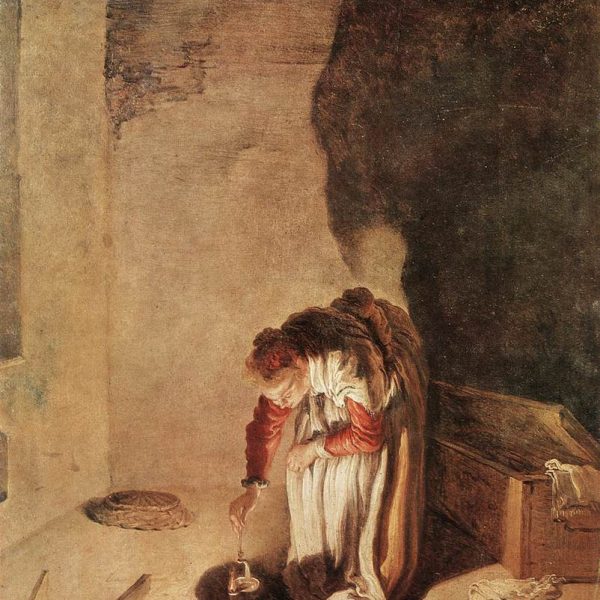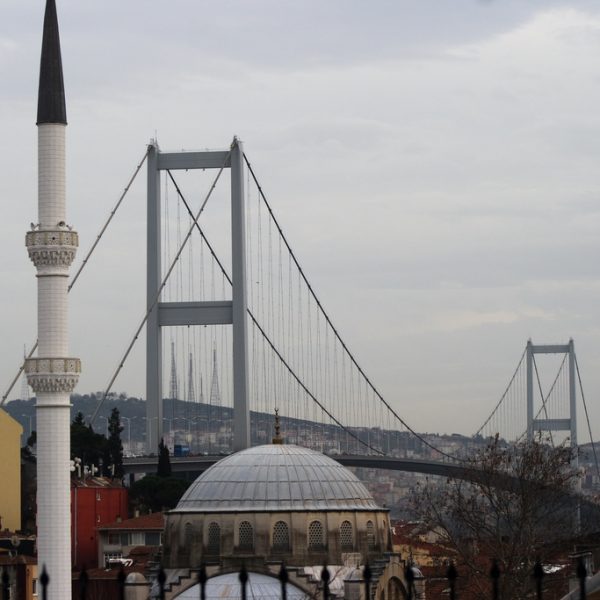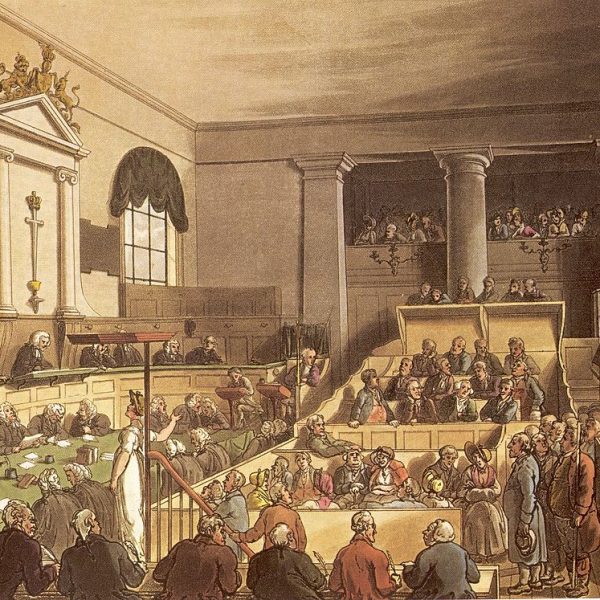
Socially, economically, and politically the time of COVID-19 in the Pacific has been a mixed one. In one way it has been apocalyptic (literally an “uncovering” or “unmasking”); truths about the region’s true political economy can no longer be denied. On the other hand, the COVID-19 era has provided opportunities for governments to “mask” and cover up inconvenient truths of the region.

Our only hope is that the God who will raise us, the God whose justice is glorified, will eventually make all things right. Our trust in our just God should be evident in our words and our works as we live out the proclamation of the gospel.

Political theology describes a field of research that focuses on the interaction of religion and politics while appreciating the richness of religious traditions as they relate to the foundations of political issues.

The two stories of Luke 15:1–10, which we might call “parables of the remainder,” illustrate a core component of the Christian political orientation. That is, they highlight the alternative logic of much of the Judeo-Christian scriptures that urges us to foster solidarity in community through identification with the remainder, with the least of these, and to thereby bring justice and liberation.

God brings his judgment in and as the light, providing us with a pattern for human justice.






